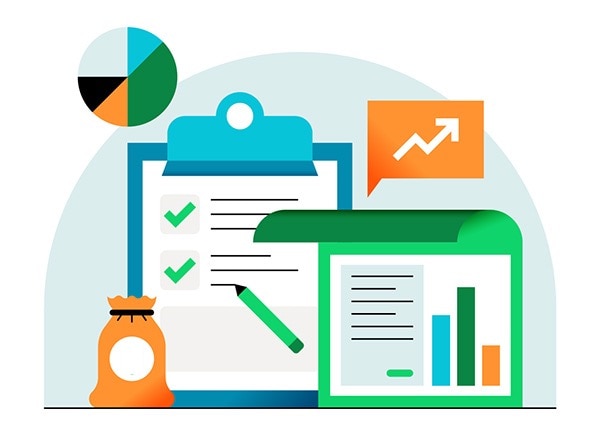Essential Expenses to Start a Business: A Deeper Dive
There are two main organisational expenses that most new small businesses need to invest in to get started. These categories are:
- Operating expenses - the typical day-to-day expenses required for running your business, like insurance, payroll, rent, office space, supplies, etc.
- Capital expenses - bigger purchases or investments that become assets that benefit the business, like equipment, a building or a vehicle.
These two types of expenses are treated differently for tax purposes, and you’ll likely need to invest in operating and capital. While there'll always be costs associated with starting a business, that doesn’t mean you have to spend all your hard-earned cash. Below are some tips for minimising your small business costs.
1. Business Plan: The Blueprint for Success
A business plan plays a crucial role in the success of a venture, serving as a roadmap for growth and long-term viability. Entrepreneurs need to create a document that covers various aspects, such as describing their company, outlining their products and services, conducting market research, analysing competition, and making financial projections.
To keep expenses in check, entrepreneurs can make use of our online business plan template. Alternatively, you can seek assistance from local organisations that support businesses. Investing time and resources into developing a comprehensive business plan can not only yield valuable insights but also guide business owners on making informed choices that can eventually lead to finding potential investors.
2. Permits, Licenses, and Insurance: Safeguarding Your Venture
No matter where your business is operating, you need to make sure you’re staying legally compliant and safeguarding your business against the unexpected.
New business costs involve paying business registration fees to the appropriate authorities, getting business permits and licenses, and securing insurance policies that align with the requirements of your business structure.
You should always carry out thorough research to determine which permits, licenses, and insurances are necessary for your unique business.
You may be able to avoid unnecessary expenses during the early stages of your business.
However, you should always ensure you have the necessary investments in place to help you build a strong foundation for the future growth of your business.
3. Equipment: Tools for Your Operations
No matter what industry your business is in, you’ll need to make sure you’ve got the right tools for the job. It could be anything from investing in Wi-Fi, to buying machinery for manufacturing. You should always factor in your equipment costs as part of your cost to start a business.
To minimise costs, it's worth considering options like buying used equipment or collaborating with other businesses to share your resources. Collaboration not only helps you reduce your expenses but also promotes a sense of community within your chosen industry.
4. Accounting and Legal Expertise
Managing your taxes and legal affairs may feel daunting to you as a business owner, and you’ll likely have to pay for these services upfront. We recommend you invest in the support of a certified accountant and lawyer to prevent yourself from facing costs later down the line.
If you're on a tight budget, you may want to consider using Accounting Software for Small Businesses or seeking professional advice for one-off issues instead of paying for ongoing assistance.
Additionally, you can explore additional training courses for small business owners.
5. Building Your Website
In today's digital age, having a business website is critical to your success. Although it may initially seem costly to create a website, start with the basics. Building out your homepage, about page, products/services page, and contact information page is enough.
To make your website expenses more manageable, consider using user-friendly website builders or partnering with local educational institutions that offer affordable webdesign solutions. A professionally designed website adds credibility to your business and gives you control over the information you share, which is vital for attracting customers who will stay loyal to your business..













